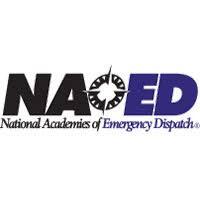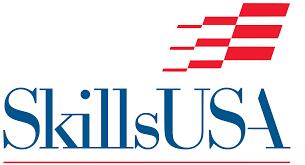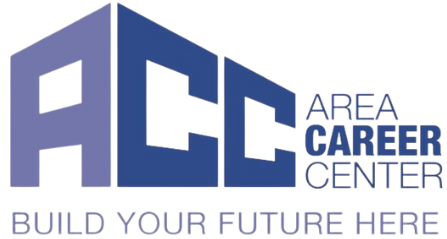Criminal Justice
Criminal Justice Overview
Criminal Justice is an exciting program with both classroom and hands-on learning. Students will learn about the legal system, police procedures/ethics and the criminal mind. The course is accompanied with hands-on training in report writing, crime scene investigation and other law enforcement procedures.
Next Level Programs of Study Course #7193
Principles of Criminal Justice covers the purposes, functions, and history of the three primary parts of the criminal justice system: law enforcement, courts, and corrections. This course further explores the interrelationships and responsibilities of these three primary elements of the criminal justice system.
Next Level Programs of Study Course #7191
Law Enforcement Fundamentals critically examines the history and nature of the major theoretical perspectives in criminology and the theories found within those perspectives. Students analyze the research support for such theories and perspectives and the connections between theory and criminal justice system practice within all the major components of the criminal justice system. The course will allow students to demonstrate the application of specific theories to explain violent and non-violent criminal behavior on both the micro and macro levels of analysis. Additionally, this course will introduce fundamental law enforcement operations and organization. This includes the evolution of law enforcement at federal, state and local levels.
Next Level Programs of Study Course #7188
Corrections and Cultural Awareness emphasizes the study of American criminal justice problems and systems in historical and cultural perspectives, as well as discussing social and public policy factors affecting crime. Multidisciplinary and multicultural perspectives are stressed. Additionally, this course takes a further examination of the American correctional system and the study of administration of local, state, and federal correctional agencies. The examination also includes the history and development of correctional policies and practices, criminal sentencing, jails, prisons, alternative sentencing, prisoner rights, rehabilitation, and community corrections including probation and parole. Current philosophies of corrections and the debates surrounding the roles and effectiveness of criminal sentences, institutional procedures, technological developments, and special populations are discussed.



Criminal Justice students are eligible for the following free dual credits with Vincennes University:
|
Course |
Course Title |
Credits |
| CRIM100 | Survey of Criminal Justice | 3 |
| CRIM150 | Introduction to Criminology | 3 |
| CRIM101 | Basic Police Operations | 3 |
| CRIM145 | Ethics & Professionalism in Criminal Justice | 3 |
 Emergency Telecommunicator Certification
Emergency Telecommunicator Certification

It is the policy of the Area Career Center (ACC) not to discriminate on the basis of race, color, national origin, sex, or disability in its career and technical education programs, services, and activities, including employment policies and practices. The ACC will take steps to assure that the lack of English language skills will not be a barrier to admission and participation in the ACC's career and technical education programs. For information regarding nondiscrimination policies, please contact: LaTerra Smith, TitleIX/Section 504 Coordinator, lrsmith@hammond.k12.in.us
This site provides information using PDF, visit this link to download the Adobe Acrobat Reader DC software.
